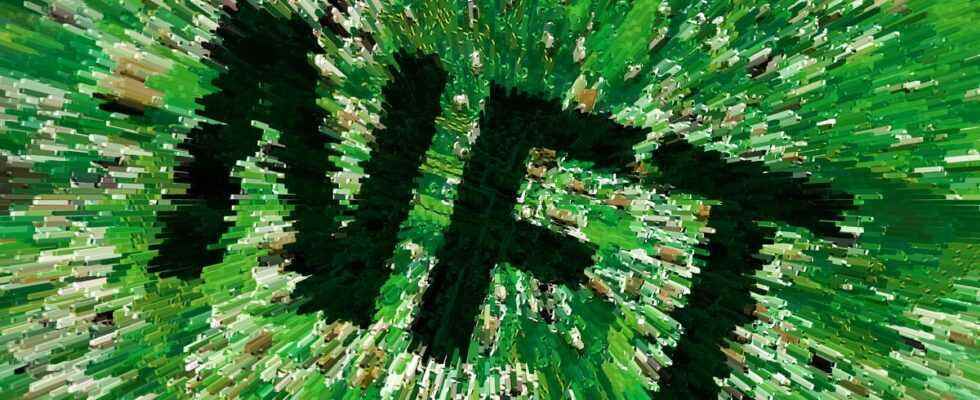NFTs pose risks to intellectual property and require better supervision, according to a report for the Ministry of Culture.
The latest report by the Superior Council for Literary and Artistic Property (CSPLA), responsible for advising the Ministry of Culture, warns against NFTs. These non-reproducible digital certificates of authenticity attached to a real or virtual object would pose a risk to intellectual property. it is one of the first reports to tackle the subject in France.
Its authors, Jean Martin, lawyer at the Court, president of the CSPLA mission, assisted by Pauline Hot, master of requests at the Council of State, conducted around sixty hearings of professionals and organizations concerned by this “complex” subject. .
NFTs have been around for years, but interest in them has grown with several sales, including that in December 2021 of Beeple’s work, which sold for $69.3 million. Since then, auction houses and galleries have become involved in this new market, which is shaking up the art world.
These certificates raise “unpublished questions” concerning intellectual property, the ownership of rights, their mode of management, note the authors who propose to call them “JNF” in French (for “non-fungible token”).
They also ask a number of questions about the application of this technology to public collections, which are characterized by their inalienability, or about the applicable financial and fiscal framework or the status of the platforms.
For the authors, if the “JNF” constitute “an opportunity for the cultural sector as a whole”, their uses must be better “supervised” in “a speculative and uncertain financial context likely to blur the prospects for development in culture”.
An “essential issue” relates, according to them, to “the accountability of the digital platforms on which the JNFs are exchanged” which must “ensure respect for literary and artistic property”.
They propose that they be subject to the 2019 European directive on copyright and related rights in the digital single market.
The authors also point to the “energy-intensive character of the blockchain” (the technology which serves as the basis in particular for cryptocurrencies), the “many risks for the security of tokens”, and the “speculative nature of the market” observed during the ” last 18 months”.
They also believe that “consumer protection against this multiple and technologically complex phenomenon remains insufficient”.
